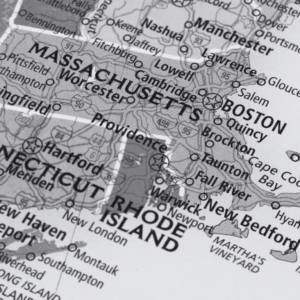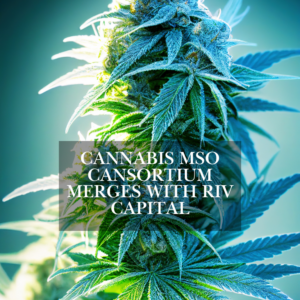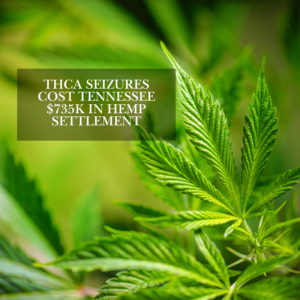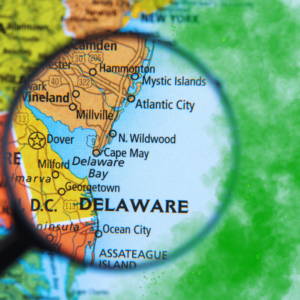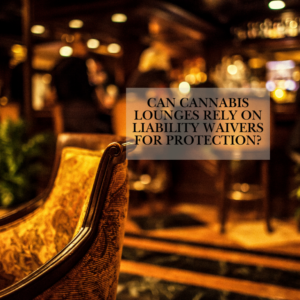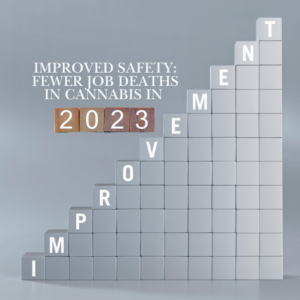Missouri Governor Seeks Reconsideration of Hemp Product Ban

Missouri Secretary of State Reconsiders Governor’s Effort to Ban Intoxicating Hemp Products
Missouri Secretary of State Jay Ashcroft is reconsidering an effort by Governor Mike Parson to ban the sale of intoxicating hemp products in the state. This move comes after Ashcroft initially rejected the governor’s proposal on August 21. The reconsideration follows a heated exchange between the two Republican officials, with Parson accusing Ashcroft of prioritizing “hurt feelings” over the safety of Missouri’s children.
Governor Parson’s Executive Order
On August 1, Governor Parson issued an executive order aimed at prohibiting the sale of edible products containing intoxicating hemp derivatives, such as delta-8 THC, unless they come from an “approved source.” However, the order highlighted that neither the U.S. Food and Drug Administration (FDA) nor Missouri currently recognize any approved sources for these products. Parson’s order directed the Missouri Division of Alcohol and Tobacco Control (ATC) to take disciplinary action against any licensed liquor establishment selling these intoxicating hemp or cannabis products. Additionally, the Department of Health and Senior Services (DHSS) was instructed to take steps to embargo and condemn such products.
The DHSS identified more than a dozen compounds from the cannabis sativa L. plant, which includes both cannabis and hemp, that would fall under the governor’s ban. In announcing the order, Parson emphasized the importance of protecting Missourians, particularly children, from unregulated and potentially harmful products. “This executive order effectively bans the sale of these potentially harmful products in Missouri until such time approved sources can be regulated by the FDA or state of Missouri through legislative action,” Parson said in an August 1 press release.
Ashcroft’s Initial Rejection and Parson’s Response
The Missouri ATC submitted emergency rules to the state’s Department of Public Safety to implement the governor’s order. However, on August 21, Ashcroft denied the emergency rulemaking, delaying the enforcement of the governor’s directive by at least six months. The Kansas City Star reported that Ashcroft’s rejection means the ATC must now submit a proposed rule, which will go through a formal rulemaking process, postponing the implementation until at least March 2025.
This decision sparked tensions between Parson and Ashcroft, who had hoped to succeed Parson as governor but failed to secure the Republican nomination in the August 6 primary. In a strongly worded letter dated August 22, Parson accused Ashcroft of making the issue personal and prioritizing political retribution over child safety. “As best I can tell, you denied this emergency rulemaking because you believe hurt feelings are more important than protecting children,” Parson wrote. He also cited a 600% increase in emergency room visits or hospitalizations for children aged five and under due to “cannabis poisoning” since the federal legalization of hemp in 2018.
Resubmission of Emergency Rules
Following Parson’s letter, the governor directed the ATC to resubmit the emergency rules on August 23. A spokesperson for Ashcroft, JoDonn Chaney, told the St. Louis Post-Dispatch that the secretary of state is reviewing the new proposal but has not yet decided whether to accept or reject it. If Ashcroft maintains his original stance, the formal rulemaking process will proceed, potentially delaying the enforcement of Parson’s order until March 2025, when a new governor could be in office.
The initial emergency rules associated with Parson’s executive order were intended to take effect on September 1. However, with the resubmission, the future of the ban on intoxicating hemp products remains uncertain as Ashcroft considers his decision.
The Broader Impact on Missouri’s Cannabis Market
The ongoing dispute between Parson and Ashcroft has significant implications for Missouri’s cannabis market, particularly for businesses involved in the production and sale of hemp-derived products. If the emergency rules are ultimately implemented, they could severely restrict the availability of products containing delta-8 THC and other intoxicating hemp derivatives in the state.
Moreover, the controversy highlights the broader challenges states face in regulating emerging cannabis products, especially in the absence of clear federal guidelines from the FDA. As Missouri waits for a resolution, businesses and consumers alike remain in limbo, uncertain about the future of these popular products in the state.
The outcome of this regulatory battle will not only affect Missouri’s cannabis market but could also set a precedent for how other states approach the regulation of intoxicating hemp derivatives in the future.






